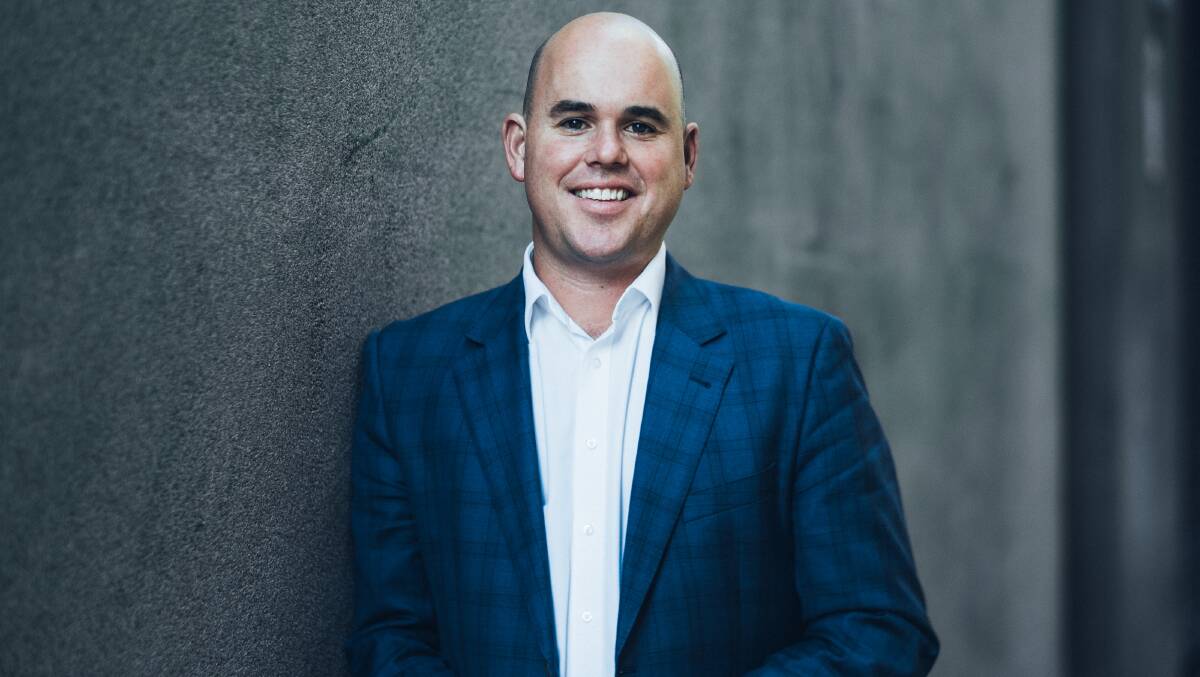
It's no secret that social media is increasingly becoming a big part of the lives of young Australians.
As society adjusted to the impact of the Covid-19 pandemic, including enforced lockdowns to contain its spread, social media platforms provided many young people with connections to the outside world.
For headspace, social media also became, and continues to be, a hub for us to reach young people and their families who might need mental health support.
The flipside is that overuse of social media can have a negative impact on the mental health of users, particularly young people. We all have a role to play in how this is managed. Data released by headspace earlier this year found more than half of young people (57 per cent) believe their mental health is getting worse, with 42 per cent citing social media as the main reason.
That's more than double the number of young people who instead identified "expectations from school, family and community" (20 per cent) as a cause for their mental health worsening.
It's also a significant increase from the previous headspace National Youth Mental Health Survey in 2018, where fewer participants (37 per cent) said social media was the reason for their worsening mental health.
While social media can be a healthy outlet for many young people, it is becoming increasingly clear that they are having a hard time monitoring and restricting their use.
Overuse becomes an issue when it takes young people away from the things we know keep them healthy, such as getting enough sleep, eating well, staying active, keeping connected to school, work and study and spending time with family and friends.
Overuse of social media has also been linked with higher levels of anxiety, depression and psychological distress. Studies have also identified links between social media use and lower sleep quality, reduced academic performance, higher levels of disordered eating and body image concerns, and alcohol and other substance use.
It's also online that young people encounter things like cyber-bullying and unrealistic or idealised images that make them feel self-conscious about their own lives.
It's important to remember there are steps young people and their family can follow in order to have a healthy experience online. These include monitoring social media usage and perhaps limiting how much time is spent online.
It's important to ask questions like, "How do you feel after using social media?" If you notice these platforms are having a negative impact on you or your young person's mental health, then it might be time to put some boundaries around use of social media, or cutting back how long is spent online.
If young people are feeling unsafe online, they can increase security settings to be sure they're only interacting with the people they know, trust and make them feel good.
Get screen shots of any abusive behaviour and report it to the social media platform. But the responsibility for curbing unhealthy use of social media cannot be the responsibility of young people alone.
After all, many of these platforms are designed to keep young people online longer, so reducing use is not always as simple as it sounds. That's why responsibility must rest with the parent companies of these platforms to ensure young social media users have safe and positive experiences.
It's also the role of government to advocate for and legislate for improved health and safety measures online. Organisations such as headspace are also on hand to offer support to young people for whom social media is posing problems.
Remember, if you're worried about a young person in your life, or if you're a young person who feels like social media use is impacting you, reach out to headspace for support. You can visit your nearest headspace centre, or connect with phone and online support service at headspace.org.au or by phoning 1800 650 890.
- Jason Trethowan is the CEO of headspace.
About headspace
The National Youth Mental Health Foundation headspace provides early intervention mental health services to 12-25-year olds.
Each year, headspace helps thousands of young people access vital support through headspace services in 150 communities across Australia, online and phone counselling services, vocational services, and through activities in schools.
It provides young people with help for mental health, physical health (including sexual health) alcohol and other drug services, and work and study support.
For locations of headspace services, as well as factsheets and resources for young people and their families and friends, please visit headspace.org.au

